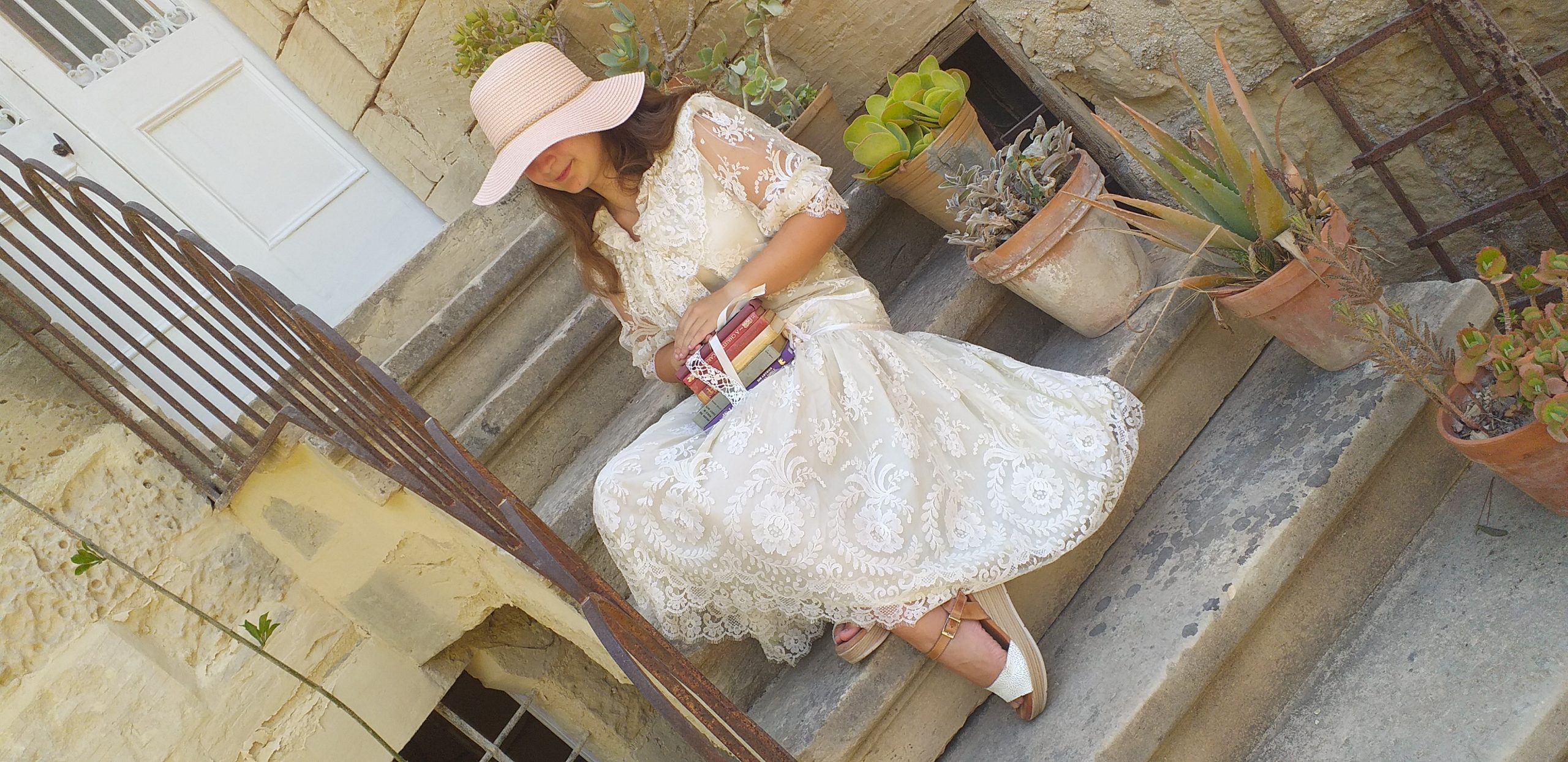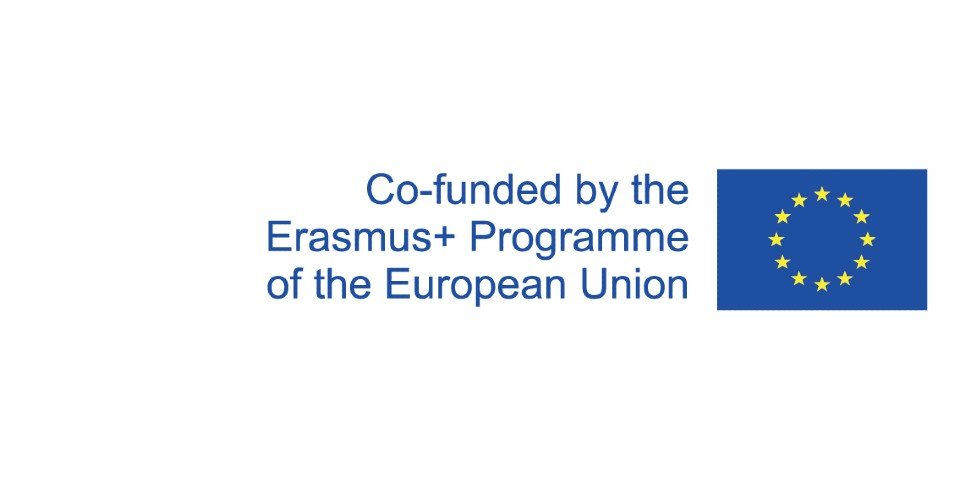We are dedicating a section of our website to self-care. We need to take care of ourselves …. for ourselves and to be able to take care of others. Finding time to do the things we enjoy doing is important! It makes us better as persons and able to take up opportunities for our own growth and enjoyment as persons, learners and students …… and to study more efficiently.

In this section we are including different ways to de-stress and energize based on our own experiences and the way we pass our free time and the hobbies we enjoy !

SCROLL DOWN to find a list of services in Malta you may contact to find the support you need if you feel overwhelmed or need to talk. Some support services are online through chat and others you can phone in confidence. We have included this information and much more!

| “Self-care is any activity that we do deliberately in order to take care of our mental, emotional and physical health. It refers to a series of activities and practices that we engage in on a regular basis to calm, heal, and preserve ourselves, physically and psychologically, and to reduce stress in our lives so we can be our best selves under any given circumstances.” Self-care means taking care of yourself so that you can be healthy, you can be well, you can do your work as a young person, you can help and care for others, and you can do all the things you need to and want to accomplish in a day.  Aspects of self-care Physical self-care Develop a regular sleep routine, at least 7 to 8 hours each night. Aim for a healthy diet. Take breaks from studying. Practice a favourite sport or exercise Mental self-care Keep a reflective journal. Do one relaxing activity every day Do one pleasurable activity every day Make time to engage with positive friends and family. Look for opportunities to laugh! Emotional self-care Develop friendships that are supportive. Write three good things that you did each day. Play a sport or go to the cinema or do something else you enjoy like going for a walk or listening to music. Talk to you friend about how you are coping with studying and life demands. |



Resources
We are sharing Abraham Maslow’s Hierarchy of Needs here below as part of our SELF-CARE page. We feel it is important to take care of ourselves first in order to be able to take care of others. One cannot pour from an empty jar. Maslow represented our needs in the form of a hierarchy in the shape of a triangle. He represented the basic needs at the bottom and most wide part of the triangle. Why do you think he did that?
Maslow believed that once each need is met then a person can progress to the next step up the hierarchy in the triangle until finally reaching self-actualisation. His theory shows the various aspects of self-care and how we must first satisfy each need and be aware of the needs of others.
Discuss the image below in a group, do you agree with Maslow?



